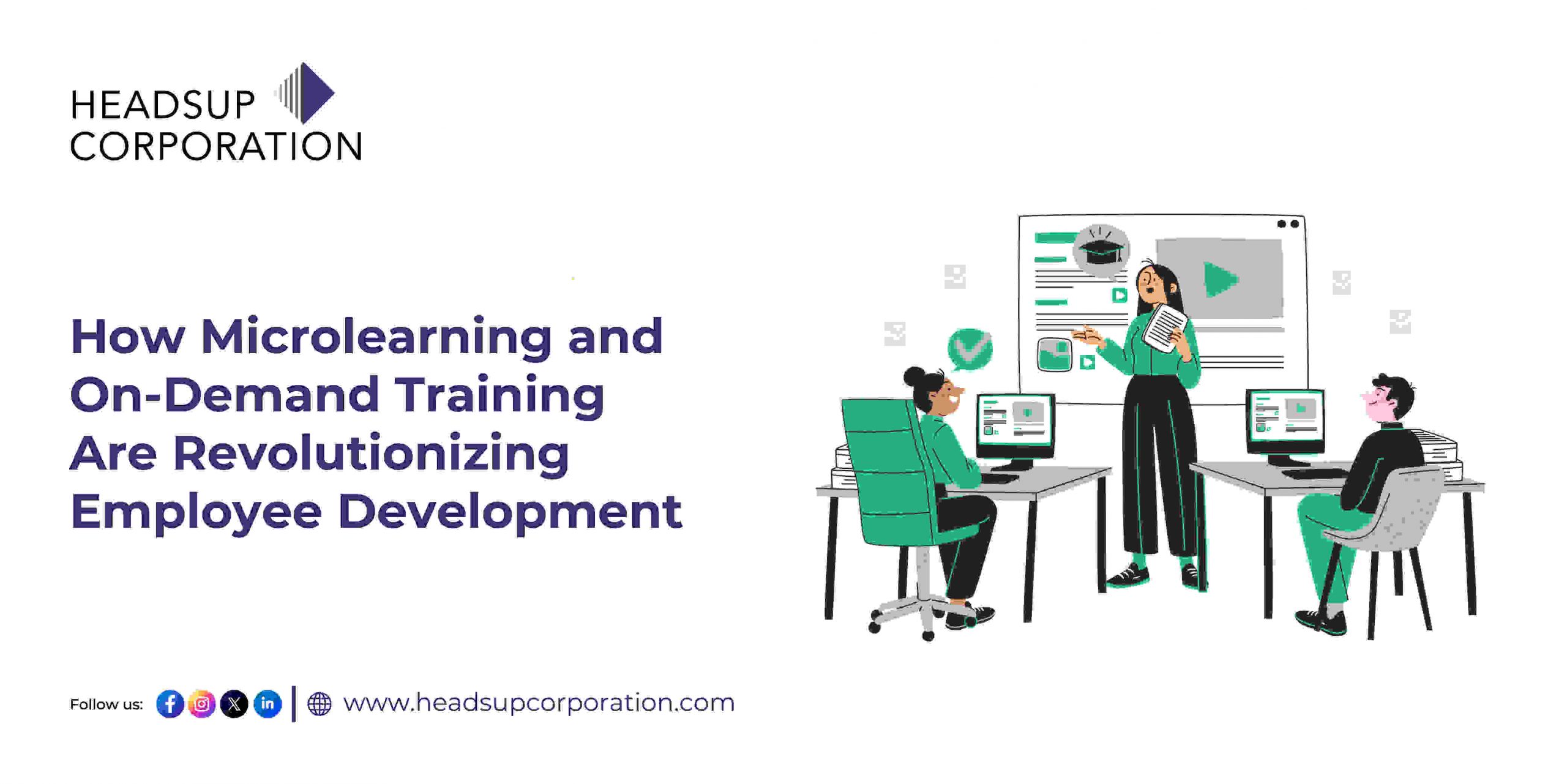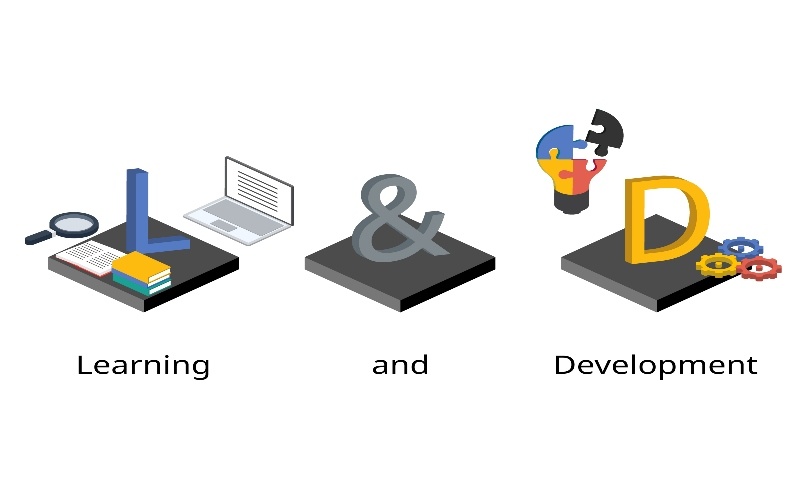
How Microlearning and On-Demand Training Are Revolutionising Employee Development
Employee development is no longer optional; it’s essential for survival. In today’s workforce, roles evolve faster than job descriptions, AI reshapes everyday tasks, and skills become outdated in a matter of months. According to the World Economic Forum, 44% of employees’ core skills will change by 2027, which means organisations can’t rely on traditional training models anymore. The talent landscape is shifting too: Millennials and Gen Z, now the majority workforce, expect continuous growth, flexible learning formats, personalised development, and instant access to knowledge. They don’t want week-long workshops; they want learning that fits into their workday and aligns with their goals.
This is exactly why modern organisations are turning to microlearning and on-demand training. These two formats deliver bite-sized, accessible, and highly relevant learning experiences, meeting the needs of today’s fast-moving workforce in ways traditional development methods simply cannot.
What Is Microlearning?
Microlearning is the delivery of learning content in small, focused bursts, typically 3–10 minutes long. Instead of overwhelming employees with lengthy sessions, it breaks down complex concepts into digestible, action-oriented pieces that can be consumed anytime during the workday.
Think: short videos, flash cards, quizzes, scenario-based clips, or mini modules.
What Is On-Demand Training?
On-demand training provides learning materials exactly when employees need them. It empowers them to access content instantly, like a personal learning library available 24/7. Think: searchable content hubs, AI-curated playlists, just-in-time learning modules, or expert videos.
How These Two Approaches Are Transforming Employee Development
Together, microlearning and on-demand training are making learning faster, personalised, and deeply practical. They support continuous upskilling, reduce cognitive overload, improve retention, and meet the real expectations of modern workers: flexibility, autonomy, and relevance.
4 Impactful Ways These Methods Are Revolutionising Employee Development
Scenario: A manager needs to handle a conflict… in 10 minutes.
Before traditional training can even be scheduled, microlearning steps in. How it revolutionises development: Microlearning equips employees with quick, scenario-based modules that help them apply skills instantly, exactly when problems arise. No waiting, no forgetting. It builds real-time competence, not theoretical knowledge.
Scenario: An employee must learn a new tool the same day it’s launched.
On-demand training gives them immediate access to tool walkthroughs, FAQs, and step-by-step tutorials.
How it revolutionises development: Employees become self-reliant learners. Instead of depending on trainers or waiting for formal sessions, they can upskill on the spot, boosting productivity and reducing downtime.
Scenario: A team is preparing for a client pitch at 9 AM tomorrow.
Microlearning modules offer short, targeted lessons on communication, storytelling, or objection handling.
How it revolutionises development:
It enables just-for-tomorrow learning, the exact opposite of generic training that never sticks. Learning becomes practical, immediate, and tied to real work outcomes.
Scenario: A new joiner struggles with onboarding but won’t ask for help.
On-demand libraries provide safe, self-paced learning without the fear of judgment. How it revolutionises development: It builds psychological safety and accelerates onboarding. Employees no longer feel overwhelmed; they can rewind, revisit, and relearn at their own pace.
At Headsup, we help organisations move from outdated training models to adaptive learning ecosystems. Through our Learning & Development and Talent Management solutions, we design microlearning pathways, build on-demand knowledge hubs, and create continuous learning cultures. We help leaders shift from “annual training calendars” to “everyday learning moments,” ensuring employees grow with the organisation, not outside it.
The future of employee development is fast, flexible, and employee-led. Microlearning and on-demand training bridge the gap between what organisations teach and what employees actually need in the flow of work. When learning becomes accessible, relevant, and embedded into daily tasks, development stops being a formality — it becomes a competitive advantage. Companies that embrace these modern learning models won’t just survive disruption; they’ll outrun it.





